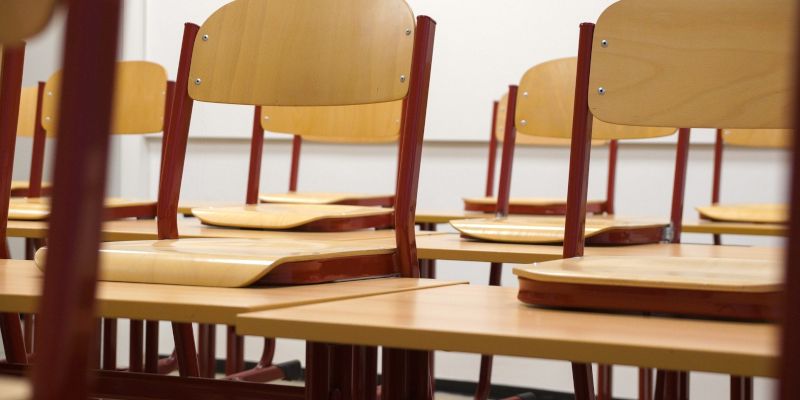
Schools are being urged to support a study to help determine the effect of the national lockdown on children’s learning.
Researchers at Leeds are recruiting primary schools in the city to examine the impact of coronavirus-related class closures and remote learning.
The team is carrying out the first detailed study of how the numeracy, literacy and language development of four- and five-year-olds has been affected by the ongoing pandemic.
By comparing pupils’ progress since the March lockdown with recent teacher assessments, the researchers aim to provide guidance for a national strategy in case of further lockdowns.
Dr Hannah Nash, a developmental psychologist at Leeds’ School of Psychology, is leading the study. She said: “We urgently need data on children’s experiences and abilities before, during, and after their return to school.
“Although children have now returned to their lessons, they missed more than a term of normal teaching.
“When children are in reception they learn skills that lay the foundation for later success. However, during COVID-19 school closures, children had different learning experiences.
“As a result, some children may have made good progress in learning while other children’s learning may have slowed down or they may have lost skills they had already learned.”
The researchers, funded by UK Research and Innovation, will use information provided by schools to track children’s progress, including data from just before the national lockdown and the results of more recent assessments or class tests.
They will analyse factors such as home-learning provided by schools, whether parents had the time and resources to help with home learning, and if pupils – such as the children of key workers or those classed as vulnerable – remained in school.
“We hope that by taking part in the study, schools will get a better understanding of which children need extra support and in what areas of learning.”
Nationally, there are almost five million primary pupils. The number attending daily lessons has recently dropped to about 90%, with 16% of primary schools having to send home pupils to self-isolate because of COVID-19 test results.
Dr Nash said: “We hope that by taking part in the study, schools will get a better understanding of which children need extra support and in what areas of learning.
“In the longer term, our findings will contribute to national strategies aimed at reducing the negative impact of COVID-19 and provide key information in the event of any future school closures.”
Schools interested in taking part in the study – Information about the Impact of Covid-19 on Key Learning and Education (ICKLE) – should contact ickle@leeds.ac.uk.
Further information
Image by Taken from Pixabay
For further details, contact University of Leeds press officer Ian Rosser via i.rosser@leeds.ac.uk